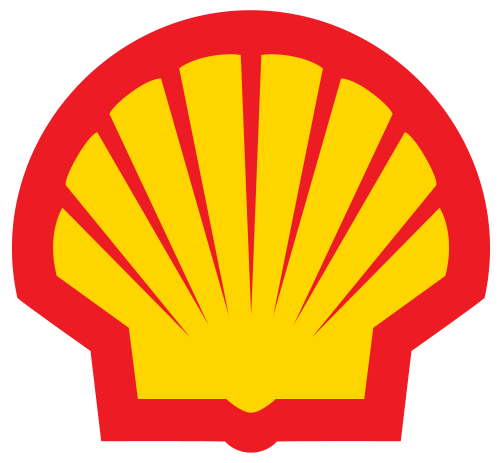It is earnings season, that every-three-months ritual in which publicly traded companies reveal whether or not they made money while stock owners hold shaky fingers over mouse buttons, cursors resting on “sell.”
If the company is an oil company, the question is not whether it was profitable but, rather, how excessively profitable the company was. Did Dinosaur Oil top its $18 bajillion quarter of last year as analysts expected? Traders hold shaky fingers over mouse buttons, hoping the enormous profits were enormous enough.
This morning, Shell stepped up to the plate. From the Financial Times:
Shell said its profits on a clean current cost of supplies basis, which strips out changes in the value of oil inventories, and excluding identified items, stood at $5.6bn compared with $4.8bn a year ago — an increase of 15 per cent.
$5.6 billion in profit. That’s $62 million a day over the last three months. It’s $720 every second. Meaning that Shell would have earned:
[protected-iframe id=”6ab606727e73f6e3045f5b1441e46c5e-5104299-34907067″ info=”Math.round” width=”470″ height=”150″]
Nice work if you can get it.
But for Shell, it wasn’t profit enough. The Financial Times calls the figure “disappointing.”
[T]he result came in well below analysts’ estimates and Shell’s shares were trading down 1.3 per cent on Thursday morning.
Earnings in the US exploration and production business were impacted by the low prices it sold its oil for as well as the synthetic crude it produces at its Canadian oil sands operation. Analysts also pointed to a big hike in net capital spending this year, to $33bn for 2013 compared with $30bn last year, as Shell invests in its 30 projects under construction.
That low price for tar-sands oil is something we’ve noted before — and is an increasingly severe problem for owners. Without a pipeline to the U.S., there’s little market for the stuff, and as time passes with no pipeline, the market here is becoming saturated with fracked oil.
It’s a weird world of overlapping alliances and competition, one that results in Shell making money hand over fist. We live in a world in which selling a product that is demonstrably undermining the stability of the global environment for a quarterly profit of only $5.6 billion is somehow a disappointment. Meaning that the system of fossil fuel extraction isn’t going anywhere for a while, no matter how many people click “sell.”




